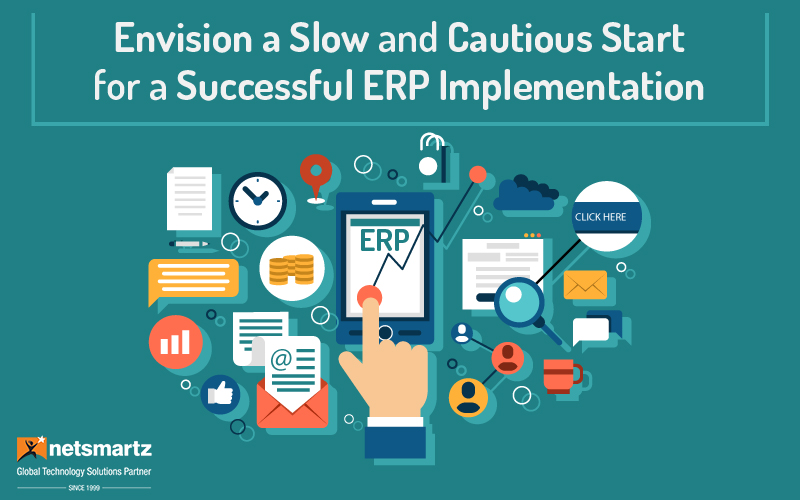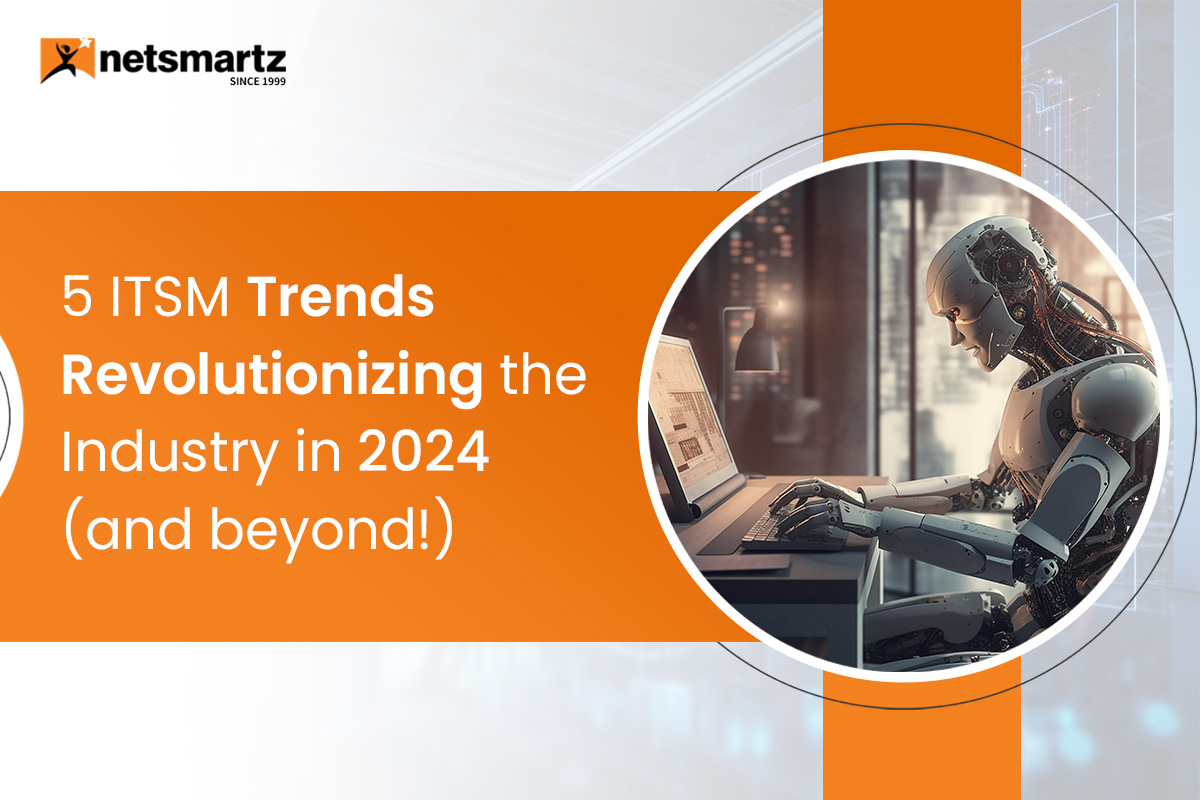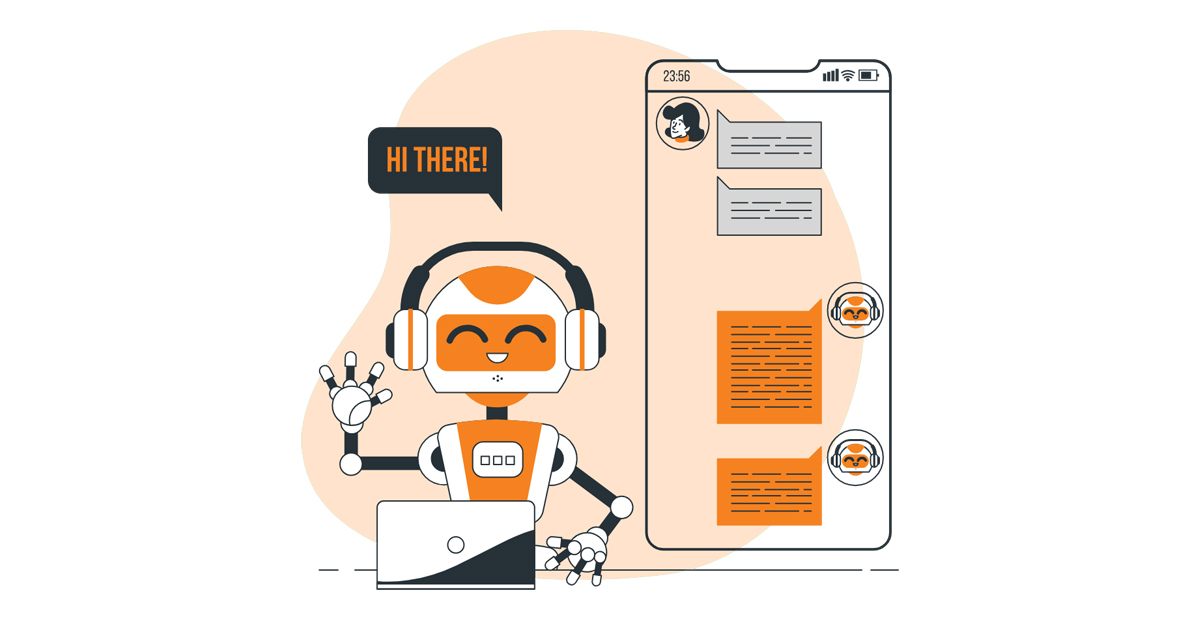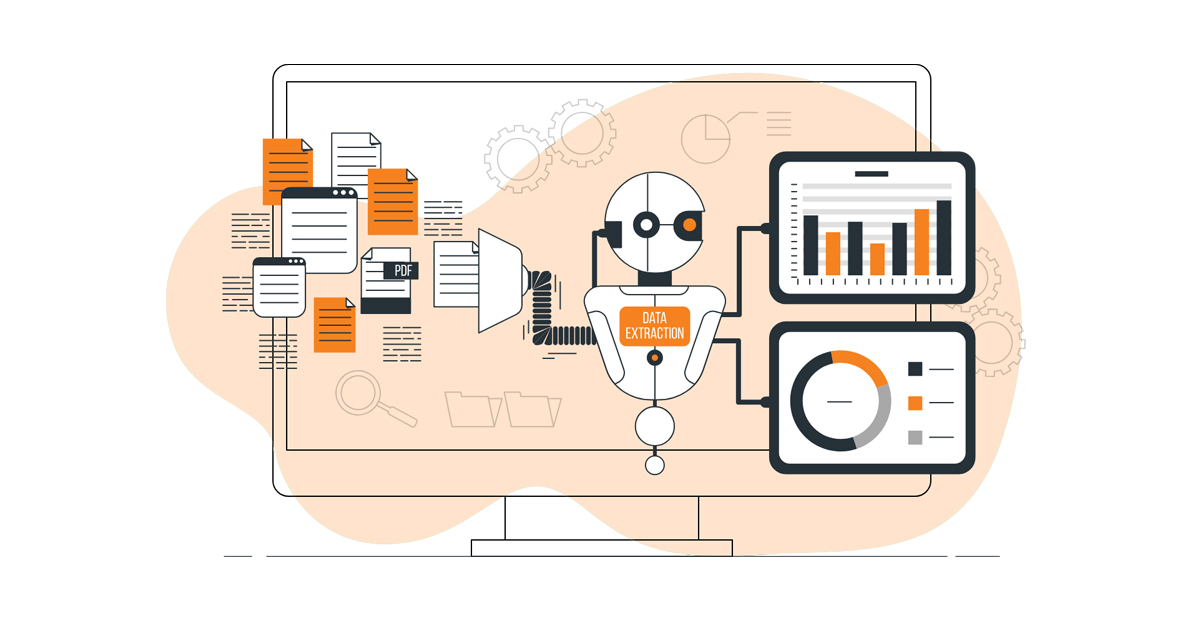When you implement a new ERP system you cannot expect it to be the world class, fully automated integrated enterprise resource planning solution that starts doing the job you need from the start. It will evolve with your business processes, need a continuous feed of input, plus time to understand your business language. Only then will it reciprocate and produce the results you were looking for as per your business goals.
Take this example for instance: A baby is born. Slowly, the baby learns to crawl, then tries to stand with support, later learns to walk and in a couple of years, you see the child is now running. They cannot skip or fast-forwarded through stages, even if you put extra effort. Everything demands time, patience and undivided attention. That’s human evolution – a slow and cautious effort to learn, grasp and perform.
The concept of human evolution perfectly matches the process of implementing the ERP system. With its far-reaching effect, it has the capability to iron out chaos into a systematic design, thus ensuring delivery of positive output for the company.
Be tricky when educating users
ERP systems includes a combination of not only the software, but also people and processes. Using another main stream example: music production. Although the recording equipment software will make recording quite convenient and easy to use, it will not actually produce music for you. It demands a great set of skills and knowledge to get a good recording and arrangement of the song pieced together. If you are using the right record equipment, your performance will automatically improve and you will be much closer towards achieving the prescribed results. Similarly, with an ERP system, you need to complete various steps in order to be successful in your ERP plan. Users might be reluctant in trying or using the new system, insisting that they still want to work the same way they always have. You need to be tricky to show them there is a better way. It is time to vanquish the old standalone computer systems that have different core processes of your business, be it finance, supply chain, manufacturing or marketing and sales, and integrate them into a single system. Additionally, employees will be provided authorized access to a database where the data entered once can be used over and again.ERP for small businesses
If you run a small business, an effective ERP system is aimed at blending and automating various business processes, such as production and finances. However, implementing ERP system requires careful planning to avoid any risk of failure or chaos.Bid goodbye to silos with Microsoft Dynamics 365 Implementation
- Being provided as a software as a Service Platform, Microsoft Dynamics 365 will be accessible anywhere with an internet connection.
- It integrates closely with existing Microsoft products, such as Office 365 and Outlook, and will have the capability to connect to the third-party programs.
- Microsoft Dynamics 365 solutions will help you in attaining 360-degree customer overview. Highly aimed at breaking the silos in the companies, they will create the same image of the customers for all departments.
- It combines the software with your process and people for the best possible fit.
The best practices that will help you to implement Dynamics 365 successfully –
- Plan all instances that you need
- Give a firm base understanding to stakeholders
- Documentation
Summary
Name
Envision a Slow and Cautious Start for a Successful ERP Implementation
Author
John Ogden
Published on
February 6, 2018
Kickstart Your Project With Us!
Popular Posts
CONTACT US
Let's Build Your Agile Team.
Experience Netsmartz for 40 hours - No Cost, No Obligation.
Connect With Us Today!
Please fill out the form or send us an email to







